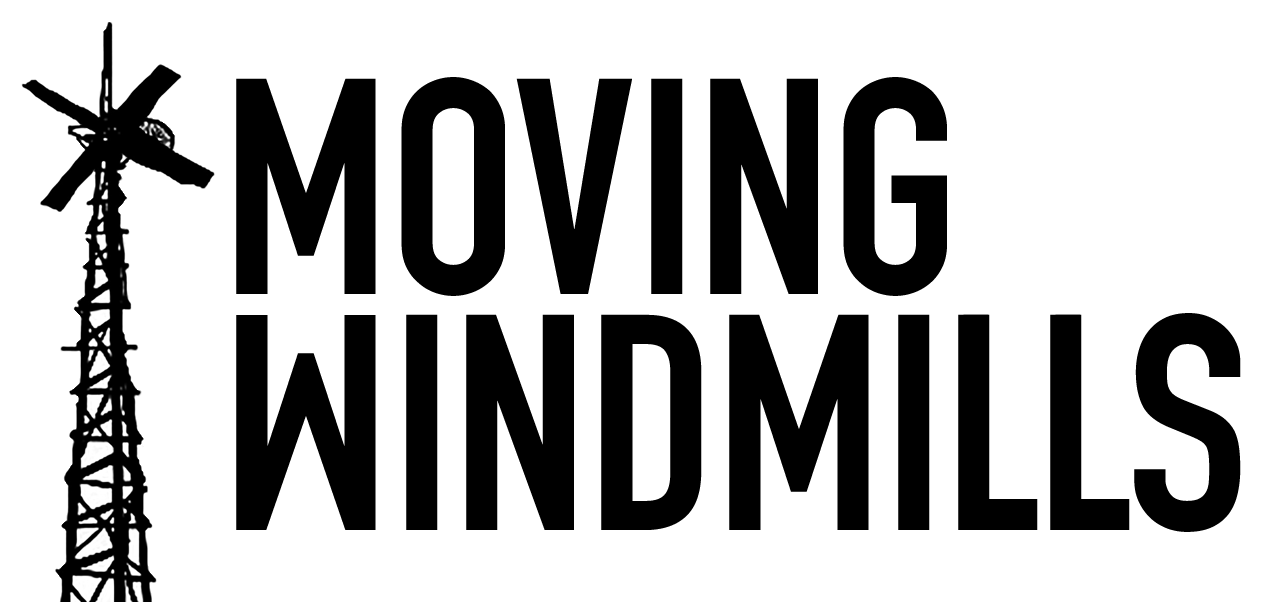Original link here.
Ethan Zuckerman's musings on Africa, international development
and hacking the media.
The Boy Who Harnessed the Wind
Hi friends. I’m not quite back online yet, though the eye is healing very well, and more quickly than last time. You’ll probably hear from me at Ars Electronica this weekend, and I’ll be back at “work” early next week. I wrote this review of William’s book a few months back after receiving a review copy – William asked me to hold off publishing it until the book hit the pre-order list, which it just did…
I thought I knew William Kamkwamba’s story. I was in the audience at the TED Global conference in Arusha, Tanzania when William took the stage to introduce himself and the remarkable windmill he’d built at his family’s house in rural Malawi. Like dozens of others in the audience, I was moved first to laughter, and then to tears by William’s explanation of how he turned some PVC pipe, a broken bicycle and some long wooden poles into a machine capable of generating sufficient current to power lights and a radio in his parents’ house: “I try, and I made it.”
And I’ve watched William’s life undergo an amazing set of changes – moving to Lilongwe to attend a top Malawian high school, being accepted to a pan-African academy in Johannesburg, travelling to the US to accept awards and visit friends he made through TED. I followhis blog, and get regular updates from Tom Rielly, one of TED’s organizers, who’s spent time with William in Malawi and the US, and taken responsibility for coordinating the amazing opportunities he’s now faced with.
On some level, I’d assumed that William’s story began on that stage in Arusha that day. In his new memoir, “The Boy Who Harnessed the Wind“, William makes very clear that nothing could be further from the truth. Written with journalist Bryan Mealer, a celebrated chronicler of African conflict and hope, William takes us to the small farming village where he grew up, to the maize and tobacco fields he tended with his father and sisters, and to the joys, sorrows and challenges of growing up in one of the world’s poorest nations. It’s a story about magic and science, hunger and hardship, creativity and discovery. The story I knew – a young man whose natural engineering talent and willingness to try our ideas everyone thought was crazy – is little more than a coda to his remarkable story.
Where William comes from, magic is alive and well – wizards steal men’s head at night to use as balls in soccer games, and a gumball given by a friend might be poisoned by witchcraft. Given the powers rural Malawians are buffeted by – drought and rainfall which can wipe out a year’s harvest, a government which can’t seem to figure out how to support farmers, crippling prices for seeds and fertilizer – it’s not hard to see how one could develop a belief in unseen forces. Respectful of his culture, William worries that magic holds back his fellow Malawians from embracing science and solving persistent development problems… and discovers that a suspicion of the new can extend to his work as well, when villagers wonder if his windmill is responsible for a persistent drought.
But William makes clear that this environment was a fertile one for scientific discovery. His narrative is filled with the sort creative hacking afrophiles know and love – toy cars made from wire and bottle caps, dysfunctional radios brought back to life, and a disturbingly effective slingshot trap for bird hunting. What emerges is the portrait of a young man learning to be a Malawian Thomas Edison, carefully and methodically trying different solutions to problems.
The most amazing aspect of William’s story is not the unlikely sequence of events which brought him from obscurity to the front page of the Wall Street Journal, but the fact that his creativity and ambitions were not crushed by circumstances. Roughly half his narrative focuses on a famine that gripped the nation in 2001 and 2002. Kawkwamba was in his early teens, anxious to start secondary school, but widespread hunger and its ancillary effects kept him out of school for five years. His portrait of hunger, its ability to drive his neighbors and himself to do things they wouldn’t have imagined, and the way it saps the energy and life of a community, is harrowing and powerful. His remarkable achievements are all the more impressive given the circumstances he and his family faced, and a testament to his parents’ wisdom and strength, as well as to his remarkable intellect.
I suspect William sees the book as a challenge to fellow Africans to innovate and achieve. As William encounters a wider world, he’s endlessly asking, “Why can’t Africans do this as well?” and challenging himself to transform his community and the world. I took a different challenge away from the book. It’s clear from William’s story that there are remarkable individuals in every corner of the world whose potential is smothered by circumstances. For every William who finds a path, there are thousands who don’t. Figuring out how to make it possible for remarkable invididuals, anywhere in the world, to reach their potential is one of the more difficult challenges of international development – this remarkable book makes it clear that it’s one worth tackling.

